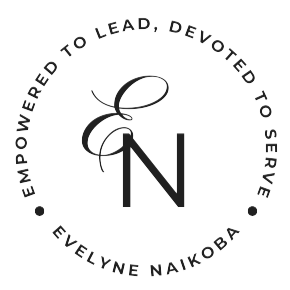Book Appointment Now

From Breadth to Depth: Why Today’s boards are Raising the bar on Expertise
There was a time when board appointments leaned heavily on general business experience. A track record in leadership, perhaps a finance background, or past CEO status were the golden tickets. But as the business landscape grows more volatile and more nuanced, that model is showing its cracks. Boards are no longer looking just for wise counsel—they’re looking for depth. And that depth has to be relevant, real-time, and ready to respond to the complexity of the modern enterprise.
A director with broad business knowledge may still be valuable, but alone, that’s no longer enough. Companies today face challenges that can’t be solved with old playbooks. From navigating AI ethics to understanding climate disclosure frameworks, boards need members who have walked the terrain—or are at least immersed in it. Expertise is no longer a nice-to-have—it’s the lifeblood of sound governance.
This doesn’t mean boards are hiring specialists at the expense of strategic thinkers. What’s emerging is a profile of what some call the “T-shaped director”—someone with a broad understanding of governance, leadership, and strategy, but with deep expertise in one or two areas that are particularly relevant to the board’s current and future priorities. For some boards, that may be digital transformation or cyber risk. For others, it’s human capital, ESG, global regulation, or geopolitical risk.
And this isn’t just a response to external pressures—regulators and shareholders are watching. Institutional investors are scrutinizing board compositions with a sharper lens, asking not only who’s sitting at the table but why they’re there and what value they bring. Diversity of thought and background is part of it, yes, but so is functional diversity. Is there someone on the board who truly understands the company’s data infrastructure? Who can speak to the realities of supply chain restructuring in a deglobalizing world? Who can anticipate reputational threats in a hyper-connected digital society?
This recalibration of board expectations naturally brings with it a question many directors wrestle with quietly: how much time can one reasonably give? The truth is, board service is no longer a part-time intellectual exercise. It’s a substantial, sometimes demanding, professional commitment. And in many cases, it comes with very real risks—financial, legal, reputational.
Gone are the days of four neatly scheduled meetings a year and a few briefing calls. Today’s directors may find themselves reviewing thick board packs weeks in advance, attending impromptu sessions in response to a crisis, participating in strategy retreats, visiting operations sites, or attending stakeholder engagements. Add to that committee responsibilities—audit, risk, nominations, ESG—and the hours multiply quickly.
For a high-functioning board member, it’s not unusual to dedicate over 200 hours per year to a single board. And that’s just the baseline. The reality is that good directors aren’t clocking in and out. They’re constantly staying informed—tracking industry shifts, reading regulatory updates, attending briefings, and sometimes acting as informal sounding boards for management. It’s a rhythm of steady contribution, not a burst of quarterly activity.
This rising time commitment is also a quiet filter. More than ever, directors must ask themselves whether they can truly add value—and whether they have the bandwidth to do so with excellence. It’s one thing to sit on a board; it’s another to show up prepared, informed, and available when it matters most. Board seats aren’t just badges of honor—they’re serious obligations.
Some seasoned directors are even stepping back, choosing fewer board roles so they can serve with greater depth. It’s a wise move, and one that may become more common as expectations climb. The best boards are those that make space for voices that aren’t spread thin. Presence matters—both physical and mental.
This moment in governance is a refining one. It’s pushing boards to think harder about composition, capacity, and contribution. It’s inviting directors to be honest about their own relevance and readiness. And it’s elevating the standard for what effective stewardship really looks like.
Expertise alone isn’t enough. Time alone isn’t enough. But together—with the right mindset and a deep commitment to learning—they shape a new kind of director: sharp, steady, and deeply engaged with the future of the business.



